Speaking at the closing conference of parliamentary events in connection with Hungary's 2024 EU presidency, PM Viktor Orban underlined: several EU members want to continue providing support for Ukraine so that that country can carry on with the war. "We are of a different opinion, we think the longer the war goes on the more people will die and the worse the situation on the battlefield," he said.
Mr. Orban epmhasized that the European Commission's proposal to make it mandatory for member states to give up Russian energy supplies because of the war would simply kill the Hungarian economy.
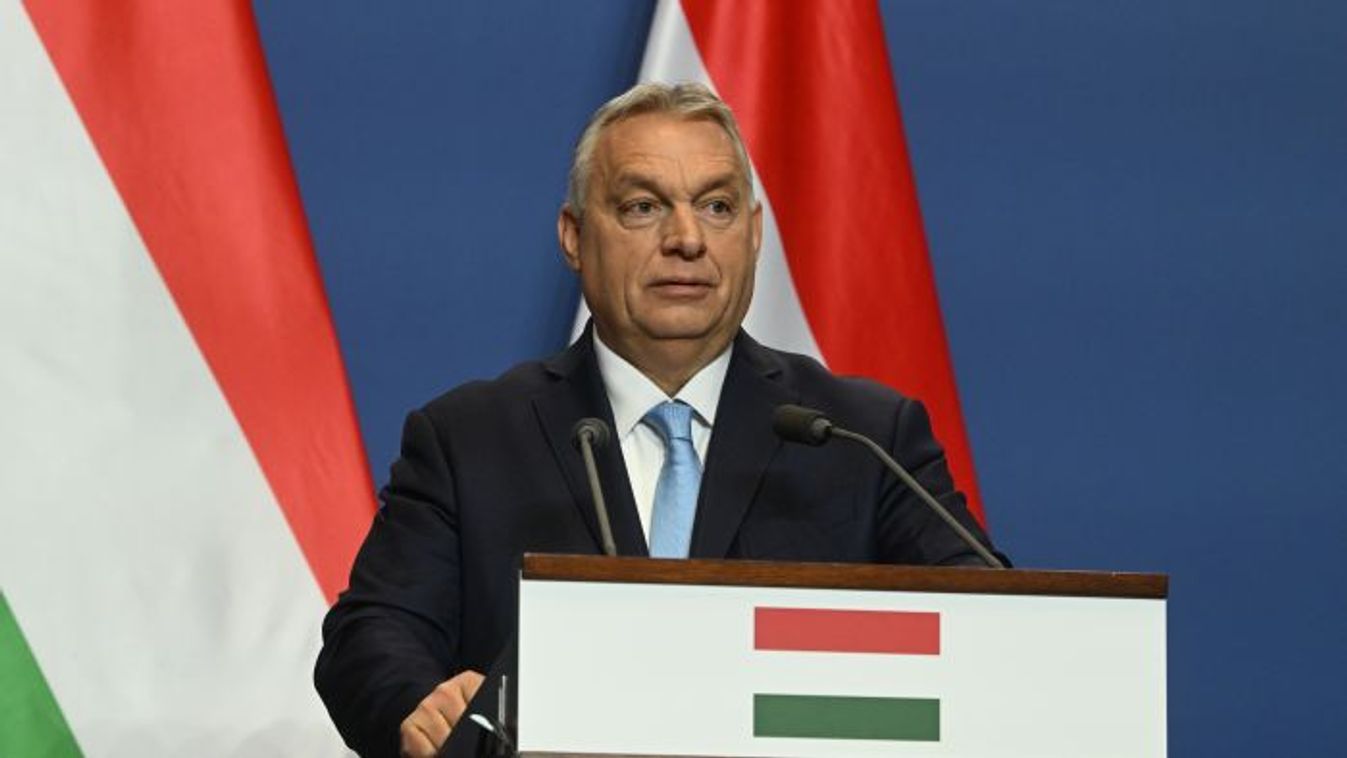

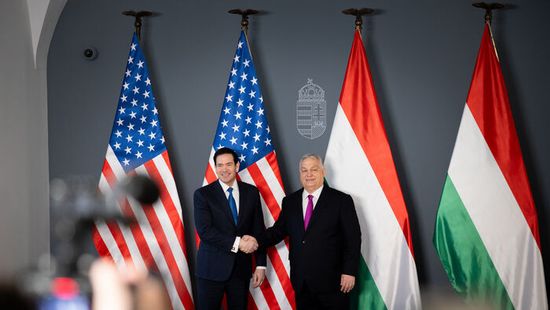
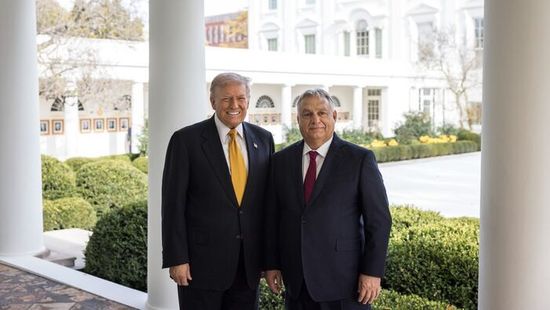
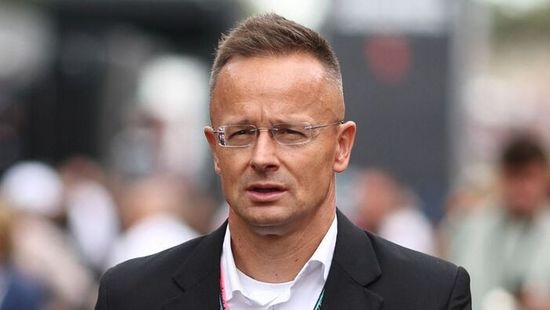

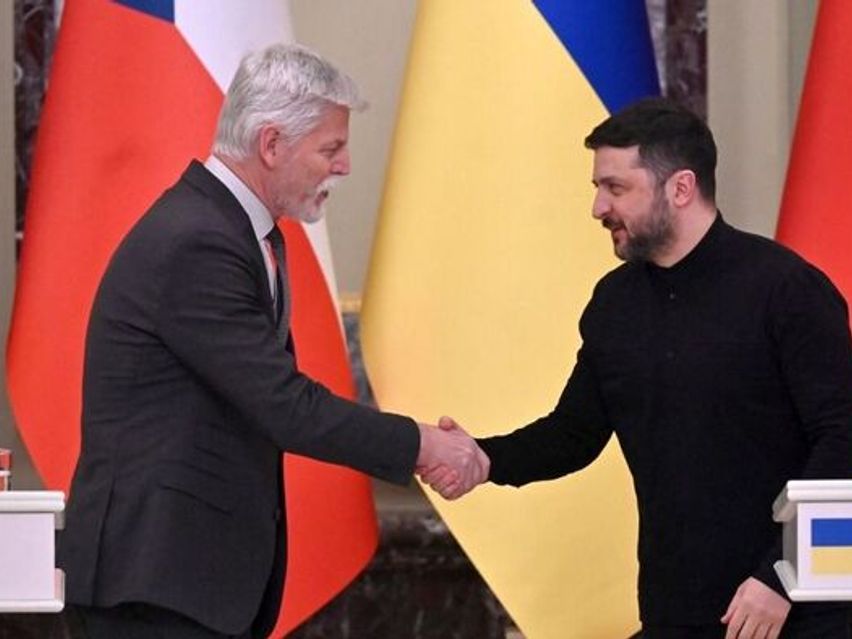
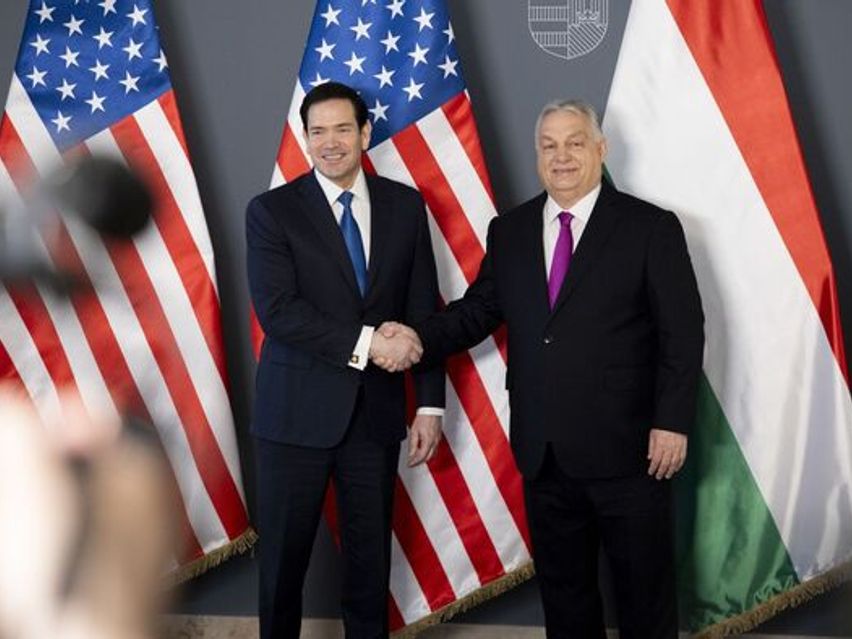
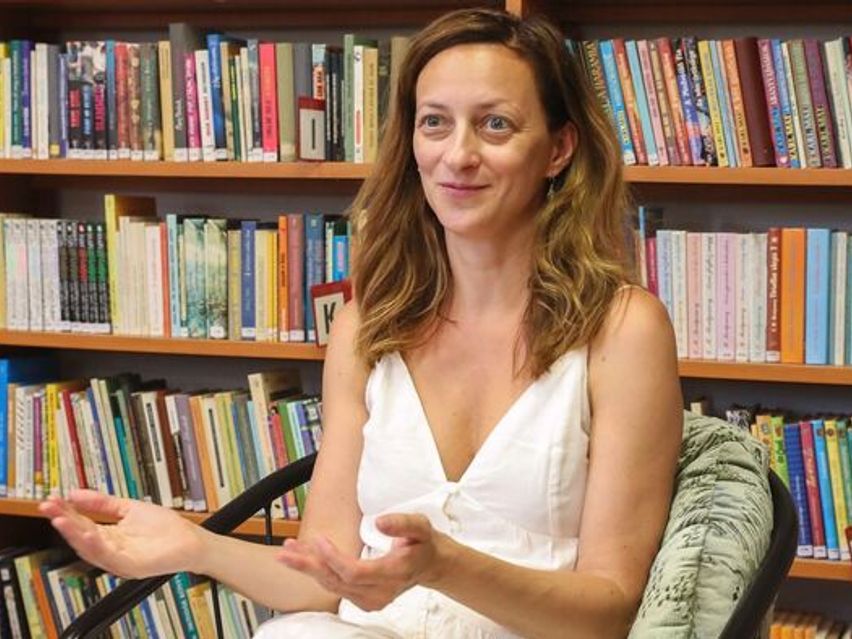


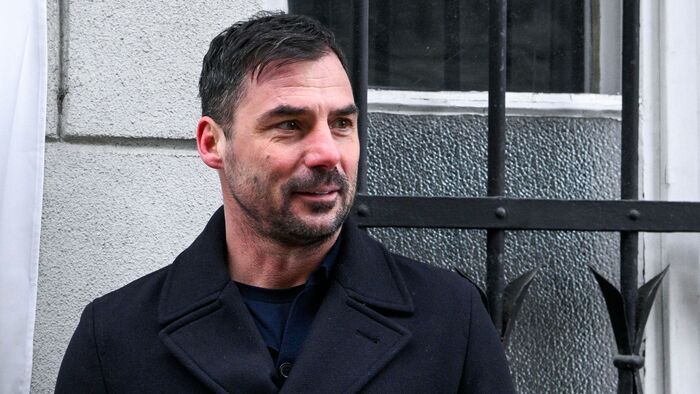

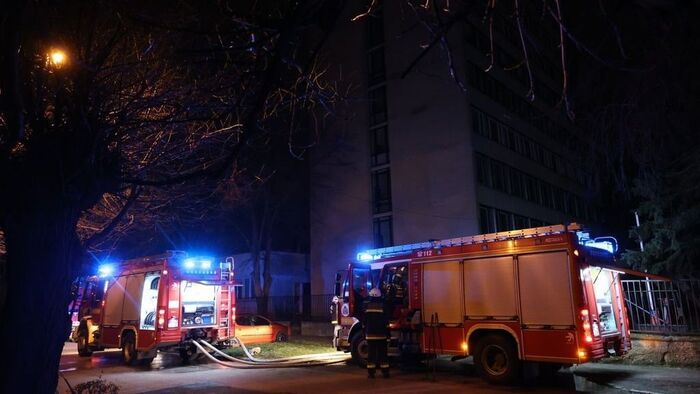

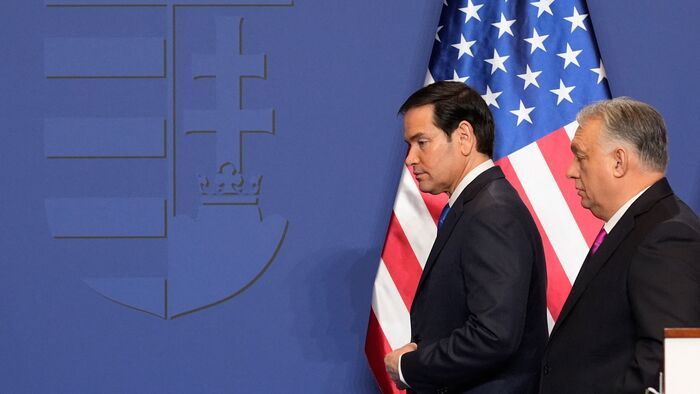
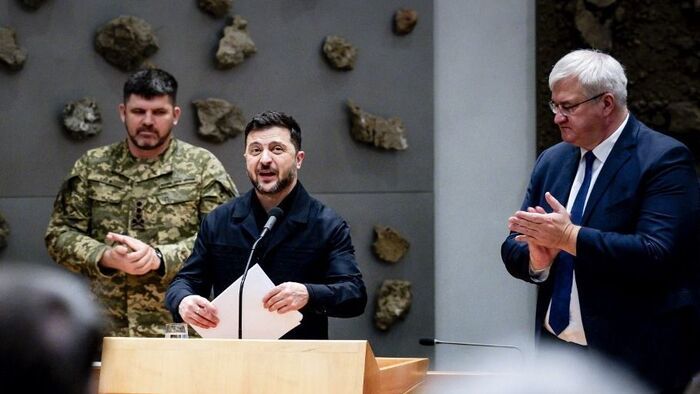
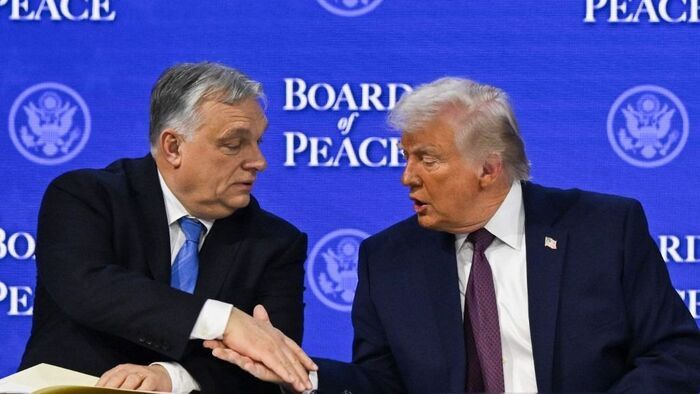

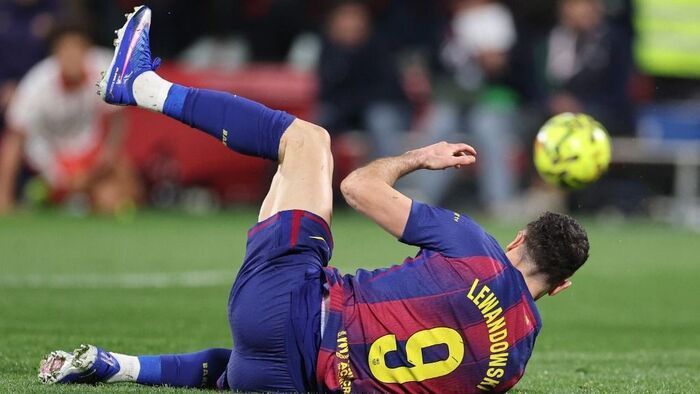
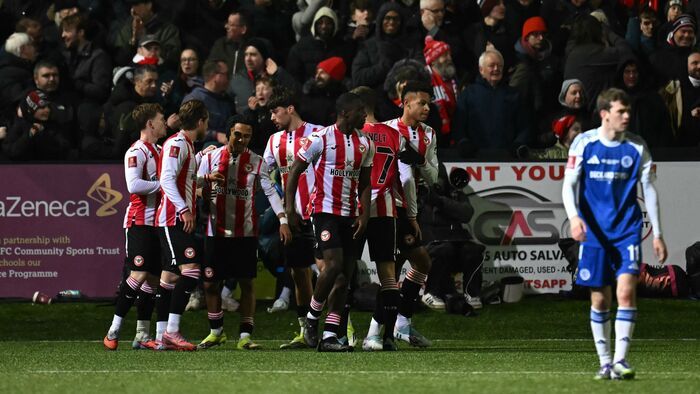
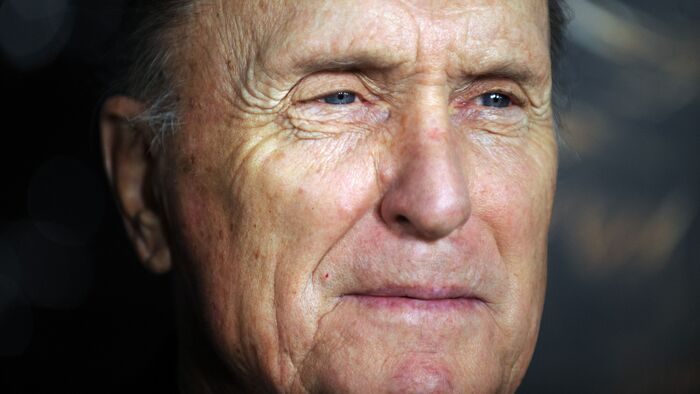

Szóljon hozzá!
Jelenleg csak a hozzászólások egy kis részét látja. Hozzászóláshoz és a további kommentek megtekintéséhez lépjen be, vagy regisztráljon!